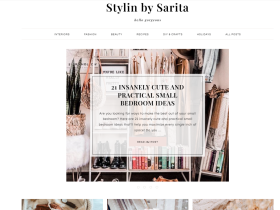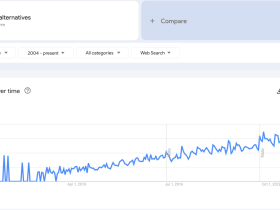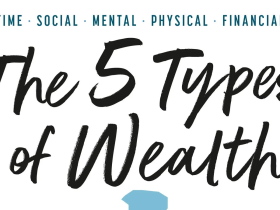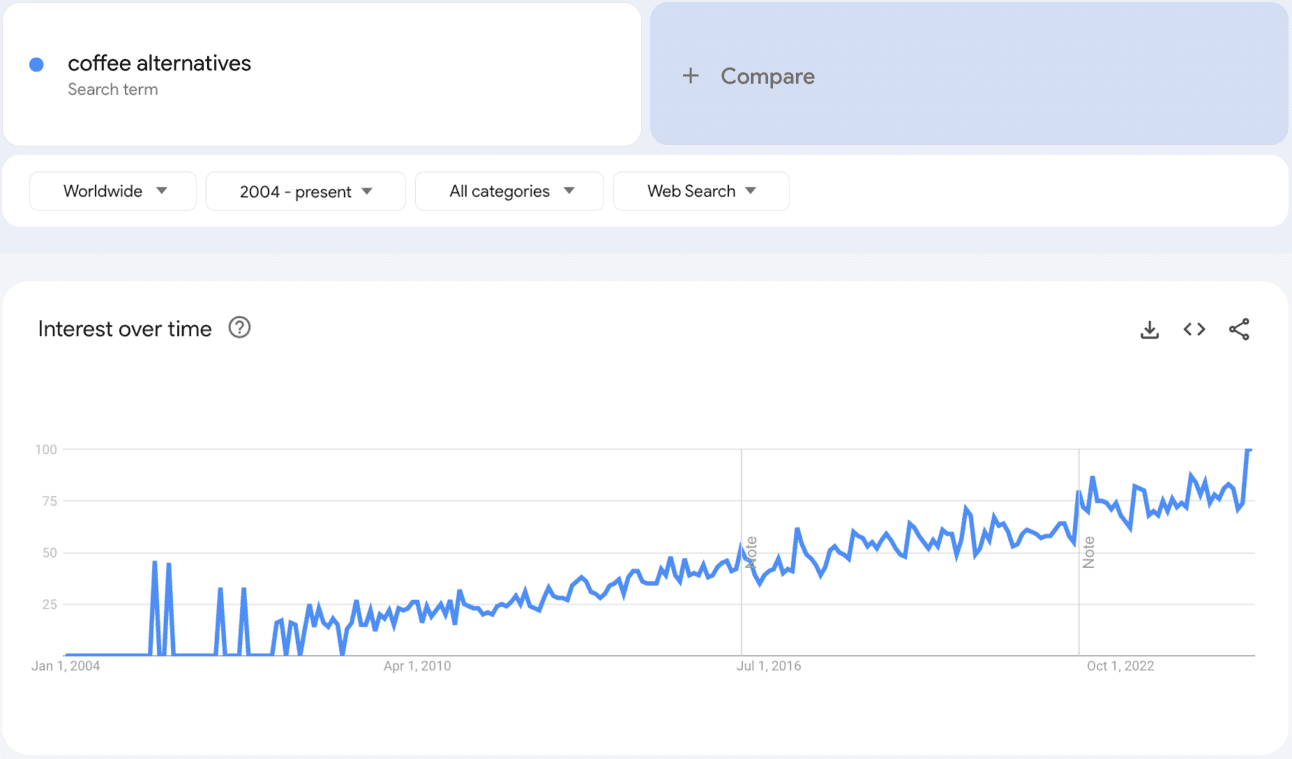Have You Had Your First Coffee Today? If Not, You’re Not Alone.
For millions of people, coffee is the first thing they reach for in the morning. It’s a ritual, a necessity, and, for some, an addiction. In fact, nearly 73% of Americans drink coffee daily, a staggering statistic that underscores just how deeply ingrained coffee culture is in everyday life. But here’s an interesting thought—what about the 27% of Americans who go through their day without it?
Some of these people simply don’t like the taste of coffee. Others enjoy the energy boost but hate the jitters and caffeine crashes that come with it. This growing dissatisfaction has given rise to an entire market of coffee alternatives—drinks, gums, and supplements that promise the same alertness without the downsides.
Over the past few years, the demand for coffee substitutes has skyrocketed, and new brands have emerged to meet this need. Two major players in this space are MUD\WTR and Neuro, each offering a different approach to energy-boosting without traditional coffee.
- MUD\WTR: Marketed as a “coffee alternative,” this beverage uses a mix of ingredients like cacao, chai, turmeric, and mushrooms to deliver sustained energy without the caffeine jitters. It’s designed for those who want a ritual similar to coffee but without the heavy caffeine dose.
- Neuro: Unlike MUD\WTR, Neuro doesn’t come in a cup. Instead, it offers functional gum and mints that contain caffeine, L-theanine, and B vitamins to promote focus and mental clarity. The convenience factor makes it an attractive alternative for those on the go.
While coffee remains a beloved staple, many are actively searching for alternatives due to a few key reasons:
- Caffeine Sensitivity: Some people experience anxiety, rapid heartbeats, and energy crashes from coffee’s high caffeine content. Alternatives that include L-theanine, an amino acid found in green tea, help to neutralize these effects while still providing a boost.
- Digestive Issues: Coffee is acidic, which can lead to stomach discomfort and acid reflux in some individuals. Many coffee alternatives use herbal and plant-based ingredients that are easier on the stomach.
- Desire for Variety: Let’s face it—coffee lovers have their preferences, but not everyone enjoys the taste. Alternatives offer different flavors and textures for those who want something new.
The shift towards coffee substitutes has created unique business opportunities. Entrepreneurs are tapping into this space with creative ideas that cater to evolving consumer preferences. Here are two notable business models gaining traction:
One of the biggest complaints about coffee is its tendency to make people feel jittery or anxious. That’s why low-caffeine energy drinks with added L-theanine are becoming increasingly popular. These drinks provide a smooth and balanced energy boost without overstimulation.
Many consumers are curious about coffee substitutes but hesitant to commit to a full-size product without trying it first. An e-commerce store specializing in sample-sized servings of different alternatives would allow customers to experiment before making a purchase. Think of it as a subscription box for coffee alternatives—helping consumers find the perfect fit before they commit.
Coffee isn’t just a drink—it’s an experience. People associate it with productivity, social connections, and relaxation. A recent survey of 2,000 Americans found that drinking coffee ranks among life’s top simple pleasures, alongside catching up with friends and enjoying a good night’s sleep. It’s no surprise, then, that any alternative needs to offer more than just an energy boost—it needs to provide a ritual that consumers can integrate into their daily routines.
This is where brands like MUD\WTR excel. By positioning their product as a mindful morning ritual rather than just a caffeine replacement, they tap into the emotional connection that people have with coffee.
Despite the growing interest, there are still hurdles to overcome in the coffee substitute industry:
- Taste Preferences: Many coffee lovers appreciate the bold, rich taste of their morning brew. Creating alternatives that satisfy those taste expectations is a challenge.
- Caffeine Content: Consumers want energy but without extreme highs and lows. The right balance of caffeine and supportive ingredients like L-theanine is key.
- Health Perceptions: Many shoppers look for natural ingredients and clean labels. Transparency in sourcing and production will be crucial for any brand entering this space.
The coffee alternative market is far from a passing trend. As more consumers explore ways to enhance their energy levels without the drawbacks of coffee, brands that offer innovative and effective solutions will continue to thrive. Whether through functional beverages, energy-boosting gum, or customizable sample experiences, the opportunities in this space are vast.
So, next time you reach for your coffee mug, consider this: Is it the caffeine you love, the taste, or the ritual? Because if it’s the ritual, the world of coffee alternatives is ready to offer something new.
With consumer interest growing, businesses have a unique chance to carve out a niche in the evolving landscape of caffeine-free energy solutions. The future of coffee alternatives is just getting started.





